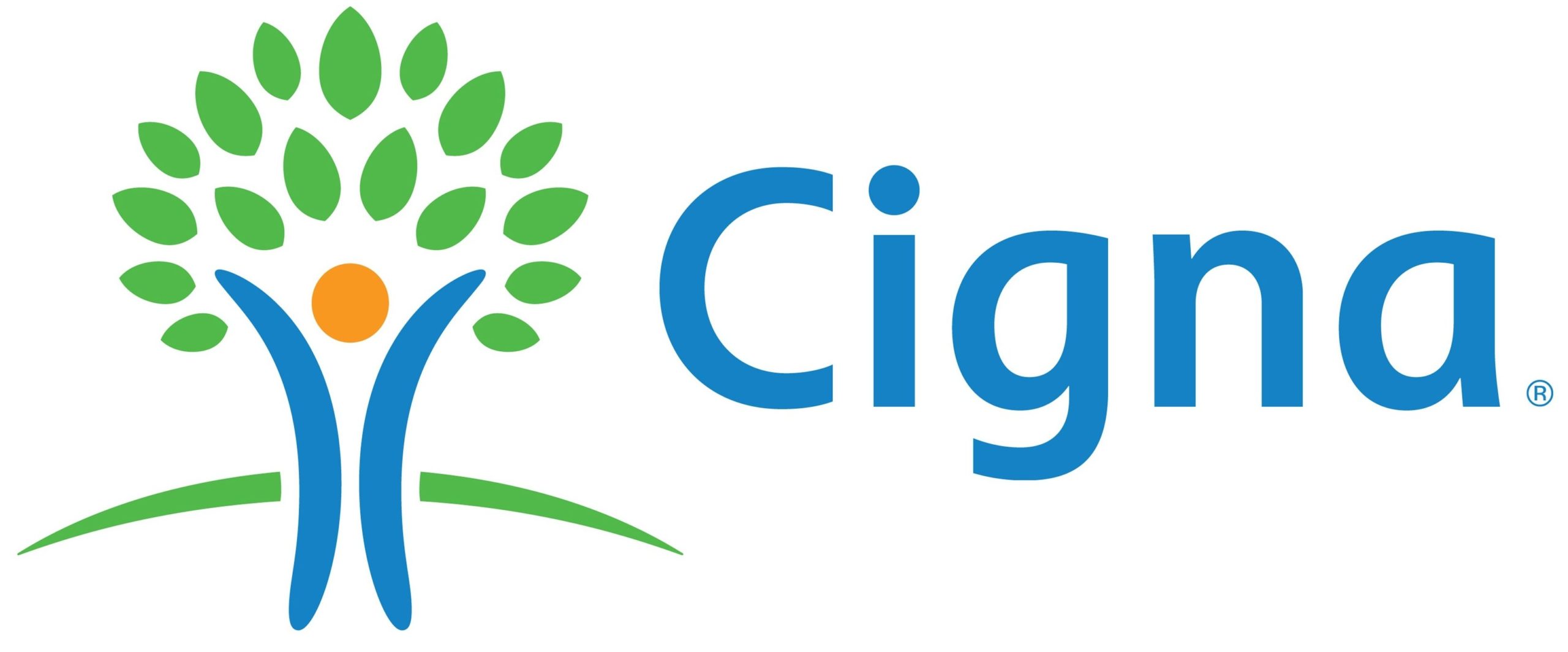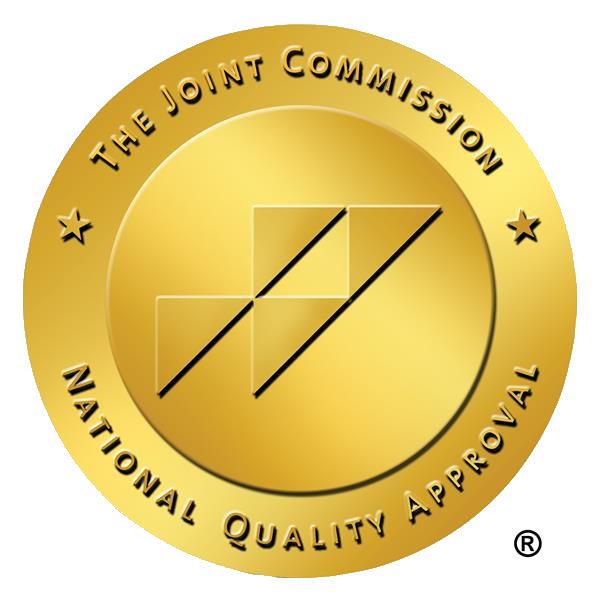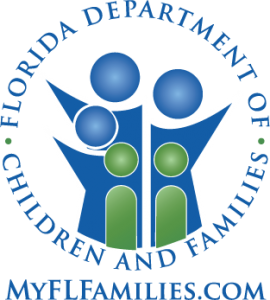Understanding Anxiety: Types, Symptoms & Treatments
In the complex landscape of mental health, anxiety disorders represent a profound challenge that spans across demographics, affecting individuals at every stage of life, including adolescents. These disorders manifest as more than temporary worries or fears; they are significant mental health disorders that can deeply impact both physical health and daily life. Characterized by intense anxiety attacks and pervasive self-consciousness, anxiety disorders are detailed in the Diagnostic and Statistical Manual of Mental Disorders (DSM-5), encompassing a range from generalized anxiety disorder to specific phobias and social anxiety disorder.
Conditions such as selective mutism also fall under this umbrella, showcasing the diverse ways anxiety can affect individuals by severely limiting their ability to speak in certain social situations. The complexity of these disorders requires a nuanced understanding and approach to treatment, which often includes psychotherapy, talk therapy, anti-anxiety medications, and innovative methods like exposure therapy—a technique particularly beneficial for those dealing with phobias or social anxiety, by methodically exposing them to their fears in a safe and controlled environment.

Understanding Anxiety Disorders
Understanding the intricacies of anxiety disorders is crucial in the broader conversation about mental health. These conditions, which stand as some of the most prevalent mental health conditions, go beyond the garden-variety nervousness or stress that people navigate through their daily life. Anxiety disorders, including generalized anxiety disorder (GAD), panic disorder, social anxiety disorder, and others, are characterized by a profound and often overwhelming sense of intense fear and discomfort.
Types of Anxiety Disorders
Diving into the complex world of anxiety disorders reveals a spectrum of conditions that significantly impact mental health. Each type of anxiety disorder comes with its own set of unique symptoms and triggers, affecting individuals in various aspects of their daily life. Understanding these distinctions is crucial for effective diagnosis and treatment.
Generalized Anxiety Disorder (GAD)
Generalized Anxiety Disorder (GAD) is characterized by persistent and excessive worry about a variety of topics, events, or activities. This worry is disproportionate to the actual likelihood or impact of the anticipated event and is difficult to control. Individuals with GAD often find themselves fretting over day-to-day concerns with an intensity that is debilitating, leading to physical symptoms such as muscle tension, trouble sleeping, and a constant sense of restlessness or being “on edge.”
Panic Disorder
Panic Disorder is marked by sudden and intense episodes of fear or discomfort, known as panic attacks. These episodes can peak within minutes, featuring symptoms like chest pain, heart palpitations, and a terrifying sensation akin to a heart attack. The fear of experiencing another attack can lead to significant behavioral changes or avoidance of situations where attacks have occurred in the past.
Social Anxiety Disorder (Social Phobia)
Social Anxiety Disorder, also referred to as social phobia, encompasses an overwhelming fear of social situations. This fear is often rooted in worries about being judged, embarrassed, or scrutinized by others. As a result, individuals may avoid social interactions, which can severely limit personal and professional opportunities and affect their quality of life.
Specific Phobias
Specific Phobias are intense, irrational fears of particular objects or situations, such as heights (acrophobia), flying (aerophobia), or spiders (arachnophobia). These fears can provoke a panic response even though the individual recognizes that the fear is excessive or unreasonable.
Agoraphobia
Agoraphobia involves fear of places or situations where escape might be difficult or help might not be available in the event of a panic attack. This disorder can lead to avoidance of a wide range of spaces, from open areas and crowded places to traveling alone or being outside the home.
Separation Anxiety Disorder
Characterized by an excessive fear of being parted from those to whom the individual is attached, Separation Anxiety Disorder is not only prevalent among children but can also affect adults. This fear can significantly interfere with or limit an individual’s normal activities and relationships.
Symptoms Spanning the Spectrum
The symptoms of anxiety disorders can be broadly categorized into emotional and physical symptoms. Emotional symptoms include persistent worry, difficulty concentrating, and feelings of anxiety that interfere with day-to-day activities. The physical manifestations are diverse, ranging from muscle tension and shortness of breath to rapid heartbeat and physical symptoms of anxiety like chest pain. These symptoms are not only distressing but can also mimic other health conditions, such as thyroid problems or a heart attack, complicating diagnosis and treatment.
Treatment Options for Anxiety Disorders
Treatment for anxiety disorders is diverse, encompassing psychotherapy, medications, lifestyle changes, and self-help strategies. Cognitive Behavioral Therapy (CBT) is particularly effective, helping individuals alter negative thought patterns that fuel anxiety. Medications, including antidepressants, benzodiazepines, and beta-blockers, offer relief for many, though they come with potential side effects. Integrating lifestyle changes, such as stress management and mindfulness techniques, along with the support of support groups, can also significantly improve outcomes.
About Celadon Recovery
Celadon is comprehensive addiction and mental health treatment center located along the shores of the Caloosahatchee River in Fort Myers, Florida. With a full-continuum of care including detox, residential, and outpatient programs, we are committed to quality substance use and co-occurring disorder care. Call us today at 239-266-2141.










